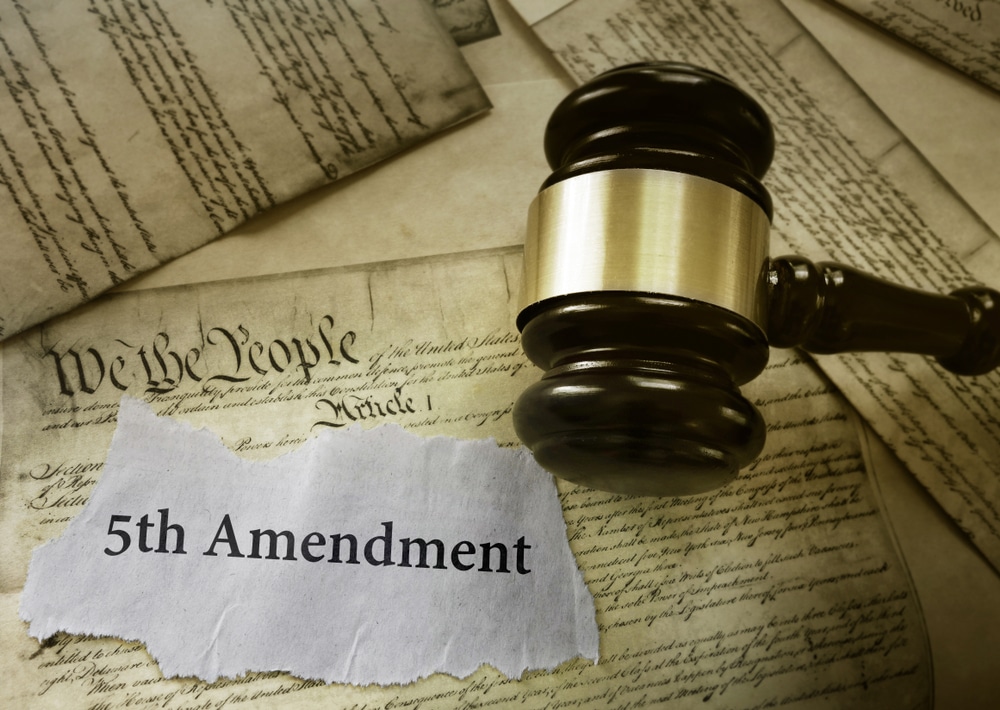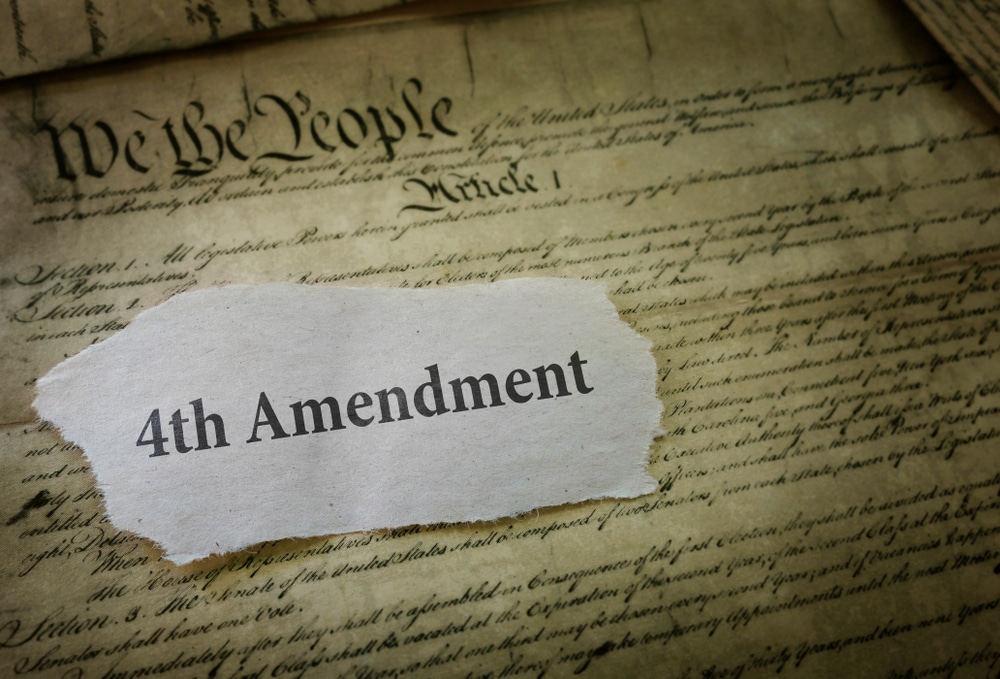Most people are familiar with jury trials and know that a defendant has the Constitutional right to be tried by a jury of their peers in a serious criminal case. But a jury trial isn’t always the only option. If you’ve been charged with a felony or certain misdemeanor, it’s important to understand what a bench trial is. It’s crucial to discuss the advantages and disadvantages of a bench trial with an experienced criminal defense attorney, and whether it’s a good idea in your specific case.
What’s the Difference Between a Jury Trial and a Bench Trial?
Under New York law, a defendant has the right to a jury trial in a criminal case if the potential punishment is over 90 days in jail. A jury trial is what you usually see on television or in the movies, where a group of twelve jurors listen to the evidence and decide the case. However, a defendant may give up this right and ask a judge to decide their guilt or innocence, instead of a jury. In a bench trial, a judge is the sole fact-finder in the case and renders the verdict.
What are the Advantages and Disadvantages of a Bench Trial?
A defendant’s decision to waive their right to a jury trial is significant. Although their attorney can discuss the pros and cons, the defendant must ultimately make the decision as to whether they will be tried by a jury. Specifically, a bench trial may be preferable in cases that hinge upon technical, legal issues that a jury would not understand.
Other advantages of a bench trial in a criminal case can include the following:
- Faster resolution — A bench trial can be faster than a jury trial which involves jury selection and instruction, both of which can make the process longer.
- Not dealing with damaging information — In some trials, information may surface that is damaging to the defendant’s case. Regardless of whether the information is relevant to the charge, some jurors may have a difficult time putting it aside and be more likely to convict.
- Application of the law — If the defense involves a nuanced application of legal rules, jurors may have difficulties with the process. In such cases, a bench trial with a judge who is well-versed in the law may be the better option.
- Predictability — Bench trials are generally more predictable than jury trials. A criminal defense attorney can strategize based on the judge’s previous rulings.
However, there are several disadvantages that should be considered when it comes to bench trials. For instance, with a jury trial, the prosecution must prove a defendant’s guilt beyond a reasonable doubt to twelve jurors. The defendant may be found not guilty if just one juror holds out. In a bench trial, the prosecution must only convince one person — the judge. In addition, while the judge knows all the evidence in the case, even that which has been excluded, it may be difficult for them to fully disregard it.
Contact an Experienced New York Criminal Defense Attorney
If you have been accused of a crime, it’s essential to have a skillful criminal defense attorney by your side who can develop a strategy in your case and fight the charges against you. The attorneys at D’Emilia Law offer trusted representation to those who are facing a wide array of criminal offenses and work diligently to obtain the best possible results in their cases. To schedule a consultation, contact us at 1-888-DEMILIA.











